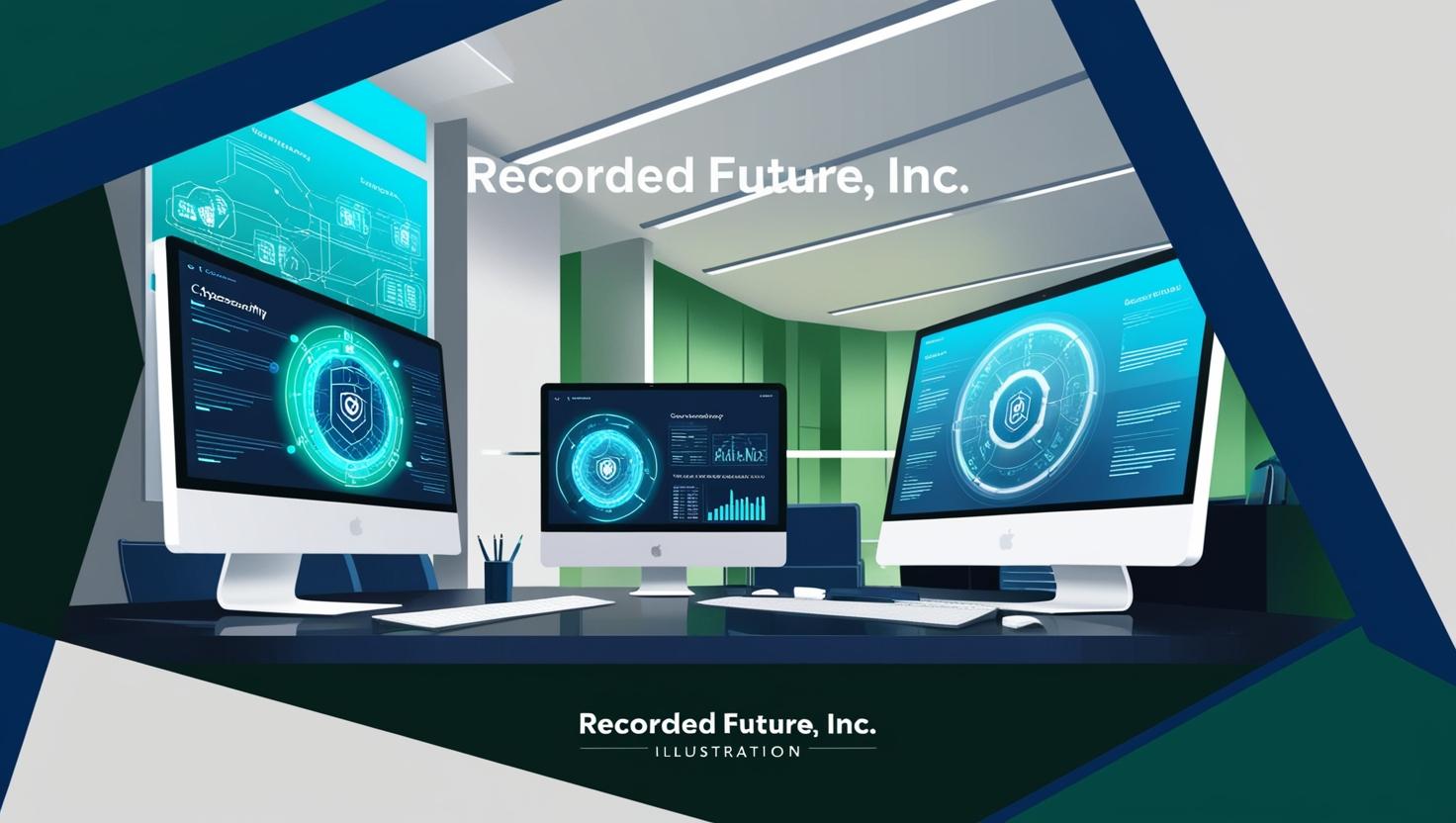Introduction: Unveiling the World of Cybersecurity Threats
In today’s digital world, cybersecurity is very important. Every day, people, businesses, and governments face dangers from Advanced Persistent Threats (APTs). APTs are skilled groups or individuals who target systems to steal data or cause harm. Tools like Recorded Future and platforms like GitHub help identify and handle these threats. This article explains what APTs are, how Recorded Future tracks them, and how GitHub is involved in cybersecurity.
What Are Advanced Persistent Threats (APTs)?
Defining APTs
Advanced Persistent Threats (APTs) are a kind of cyberattack. Skilled hackers, sometimes supported by big organizations or governments, carry out these attacks. APTs are not like regular cyberattacks because they are carefully planned and targeted. The main goal is to access important information like business secrets, government data, or personal information.
How APTs Work
APTs usually start by getting into a system. Hackers use tricks like phishing emails, malware, or weak spots in software. Once they are inside the system, they stay hidden. They gather data or cause problems without being noticed. APTs are hard to find and stop because they are very advanced and secretive.
Recorded Future: A Tool for Cyber Intelligence
What Is Recorded Future?
Recorded Future is a cybersecurity tool that tracks and studies threats, including APTs. It uses artificial intelligence (AI) and machine learning to collect and analyze data from many sources. These sources include websites, news, and social media. Recorded Future looks for patterns and signs that show a possible danger.
How Does It Help Against APTs?
Recorded Future identifies APT groups, their methods, and their targets. For example, it can watch hacker forums or study phishing attacks to predict future attacks. Companies and governments use this tool to protect their systems. Recorded Future also helps by showing the tools and methods APT groups use, making it easier to defend against them.
The Role of GitHub in Cybersecurity
What Is GitHub?
GitHub is a platform where developers share code and work on software projects. It is very popular and has millions of code collections called repositories. Cybersecurity experts also use GitHub to share tools and information about threats.
Why APT Information Is on GitHub
Cybersecurity researchers use GitHub to share tools for finding and fighting APTs. For example, they may post scripts to study malware or find unusual activities. This sharing helps defenders, but it also creates risks. Hackers can also access these tools. This makes GitHub both helpful and risky in the fight against APTs.
Real-World Examples of APTs
APT Groups in Action
Some well-known APT groups include:
- APT29 (Cozy Bear): Linked to Russian intelligence, this group targets governments and businesses to steal information.
- APT41: Known for spying and financial crimes, this group attacks industries like healthcare, telecom, and gaming.
Recorded Future’s Role
Recorded Future tracks these groups by studying their actions and tools. For example, it finds patterns in phishing emails or connects malware to specific APT groups. This information helps organizations prepare and respond better.
Challenges in Fighting APTs
Staying Ahead of Hackers
Hackers always change their methods to avoid being caught. This makes it hard for tools like Recorded Future and platforms like GitHub to keep up. Regular updates and new ideas are needed to stay ahead of these threats.
Balancing Transparency and Security
Sharing information on platforms like GitHub helps fight APTs, but it also creates risks. Hackers might use the same tools to improve their attacks. Cybersecurity experts must find a way to share knowledge while keeping sensitive information safe.
Personal Insight: Learning About Cyber Threats
During my work with cybersecurity tools, I saw how useful platforms like Recorded Future and GitHub can be. At first, understanding threats like APTs was hard. But tools that simplify data made it easier to learn. Watching how these platforms track threats in real time shows how much detail is needed to stay safe online.
The Importance of Collaboration
Governments and Businesses Working Together
Fighting APTs needs teamwork. Governments, companies, and cybersecurity experts must share information to stay ahead of attackers. Recorded Future helps by providing useful data and insights to all these groups.
Open-Source Tools
Platforms like GitHub encourage teamwork by allowing experts to share free tools. These tools help businesses, even small ones, protect themselves. For example, small businesses can use tools from GitHub to find weak spots in their systems.
How Recorded Future and GitHub Fit Into the Bigger Picture
Building Stronger Defenses
By using Recorded Future with GitHub, organizations can create stronger defenses against APTs. Recorded Future gives the data, and GitHub provides tools to act on it.
Educating the Next Generation
Teaching people about cybersecurity is very important. Platforms like GitHub are great for training new professionals about real threats. Recorded Future’s information helps students and researchers learn how APTs work.
The Future of Cybersecurity
Advanced Technologies
As technology grows, cyber threats also grow. Recorded Future and GitHub will likely use more advanced AI and machine learning tools. These new tools will make finding and stopping APTs easier.
Global Cooperation
Cyber threats affect everyone, so global teamwork is necessary. Recorded Future works with international groups, and GitHub connects experts worldwide. This cooperation will become more important as cybersecurity challenges increase.
